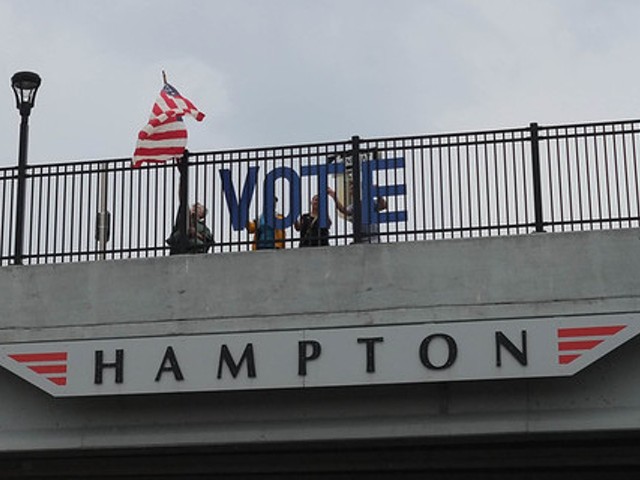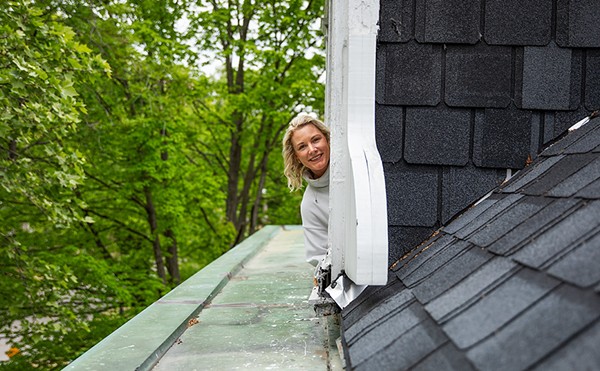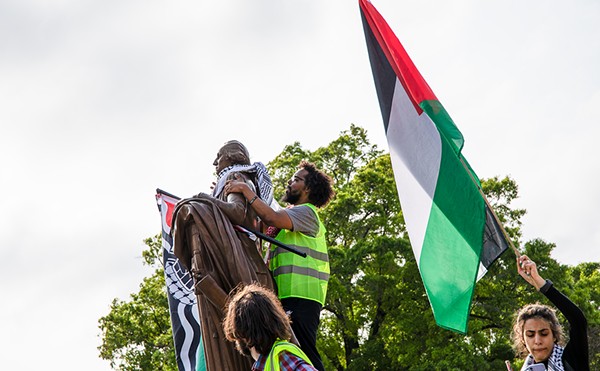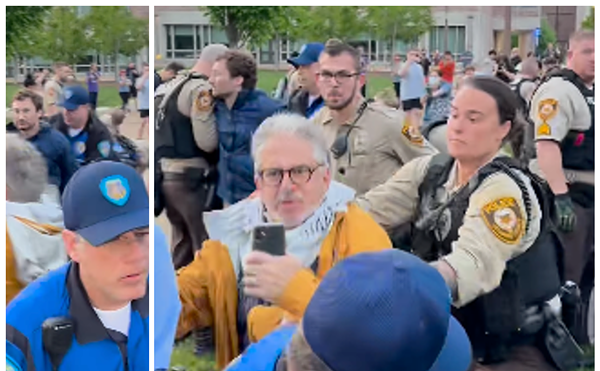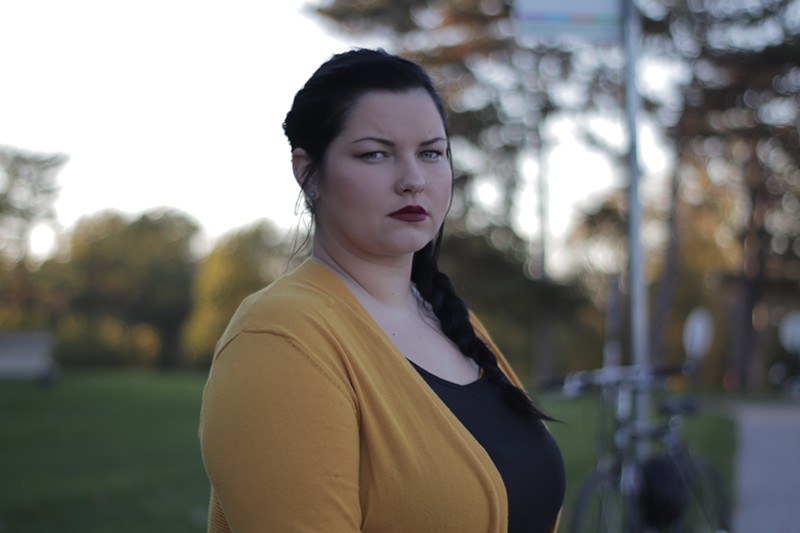
Steven Duong
Lauren Allsup's SAFE kit was one of 72 untested, reported kits found at SSM Health St. Mary's Hospital.
Lauren Allsup had been waiting more than 1,000 days since May 2017 for her rape kit to be processed. Three years and 37 calendar turns later, her faith in getting justice was all but lost.
Allsup received a phone call in July from an investigator at the St. Louis Circuit Attorney’s Office. Her rape kit had finally been processed. It took around 100 calls, a trip to the circuit attorney’s office and an interview with a local news station to see progress on the case.
Allsup says she doesn't think her rape kit would have been processed if she did not go to all that trouble.
“I kind’ve lit a fire under the circuit attorney to kick it in gear,” Allsup says. “And I think they honestly wanted me to shut up.”
Allsup was at a south city karaoke bar, The Haunt, when she says a man approached her and offered her a shot. The next thing she knew, she says, she woke up in his house with him on top of her.
Allsup filed a police report and underwent a rape examination following the situation. In addition to grieving over the experience, Allsup says she was billed $1,600 in hospital bills for Plan B and STD shots.
The backlog
Allsup’s rape kit was one of more than 6,000 backlogged cases in Missouri found in the state attorney general’s Sexual Assault Forensic Evidence Kits Initiative Inventory Report from November 2019. Missouri Attorney General Eric Schmitt vowed to clear the backlog after the findings.
Nearly one year later, 1,500 of the 6,189 untested SAFE kits have been sent to a private lab to be tested according to the Missouri Attorney General’s Office. The office has been able to send more than the expected 1,250 SAFE kits with a $2.8 million grant received in 2018 from the federal Bureau of Justice Assistance. Half of the money went to testing SAFE kits and the other half went toward creating an electronic tracking system to keep tabs on cases and prevent future backlogs from occurring.
Missouri Senate Bill 569, which went into effect on August 28, requires all entities involved with the handling of SAFE kits to participate in the tracking system. The system is still under development according to Missouri Attorney General Press Secretary Chris Nuelle.
Backlogged cases like Allsup’s sat on the shelves of health care providers or law enforcement agencies untouched, some dating back as far as the 1980s. The current backlog in testing starts from the newest kits and works backward toward the oldest.
“Victims (from newer cases) are more likely to be available and willing to move forward with law enforcement action,” Nuelle writes in an email. “And the DNA evidence is more likely intact.”
Nearly 70 percent of all backlogged cases came from 2008 or after according to the Missouri attorney general’s inventory. Allsup’s case was among 1,100 of the newest kits in the backlog.
The testing process
Clearing the state’s backlog means sending kits to the Bode Technology testing lab in Lorton, Virginia. Nuelle says sending kits to a private lab ensures the Missouri State Highway Patrol (MSHP) isn't overwhelmed with cases. Once kits are tested at the Virginia lab, they may be sent to MSHP to be run through the FBI’s Combined DNA Index System (CODIS).
The attorney general’s initiative has led to eleven CODIS hits, which searches DNA profiles obtained from crime scenes to link to convicted offenders or arrestees. MSHP Public Information Officer Collin Stosberg says they have received 25 backlogged SAFE kits as of this month out of the first two batches of about 120 kits that were sent to the private lab. CODIS hits are referred to local law enforcement and prosecutors to be further investigated and potentially prosecuted.
Not all SAFE kits go to MSHP after being tested in Virginia. Many are not eligible for CODIS testing because the only DNA found was the victim’s or other varying reasons according to Nuelle.
Allsup awaits a response on the results of her kit’s testing. One of the reasons police did not charge the man Allsup alleges sexually assaulted her was the lack of lab testing needed to search for DNA, according to a February report from KMOV-TV.
Allsup says waiting for the test results reminds her that the fight isn’t over.
“Three years and some odd months and justice still isn’t served,” she says. “Am I that much of a bother?”
The road ahead
The Missouri Attorney General’s Office received an additional $2 million from the Bureau of Justice Assistance to test sexual assault kits, the bureau announced on October 13. The new grant could result in 2,000 more kits being sent for testing. Nuelle says it costs about $1,000 to test each backlogged kit.
Nuelle did not give a timeline for the backlog to be cleared completely. He promised that the attorney general’s office will continue to dedicate efforts to clear the backlog.
“One of the attorney general’s top priorities since entering office has been to clear the backlog of untested sexual assault kits and bring justice on behalf of survivors,” Nuelle writes in a statement.
Allsup says she will continue to be a voice in an attempt to help other sexual assault survivors.
“Hopefully because of me others will speak up and be heard and finally get their kit tested,” Allsup says.

